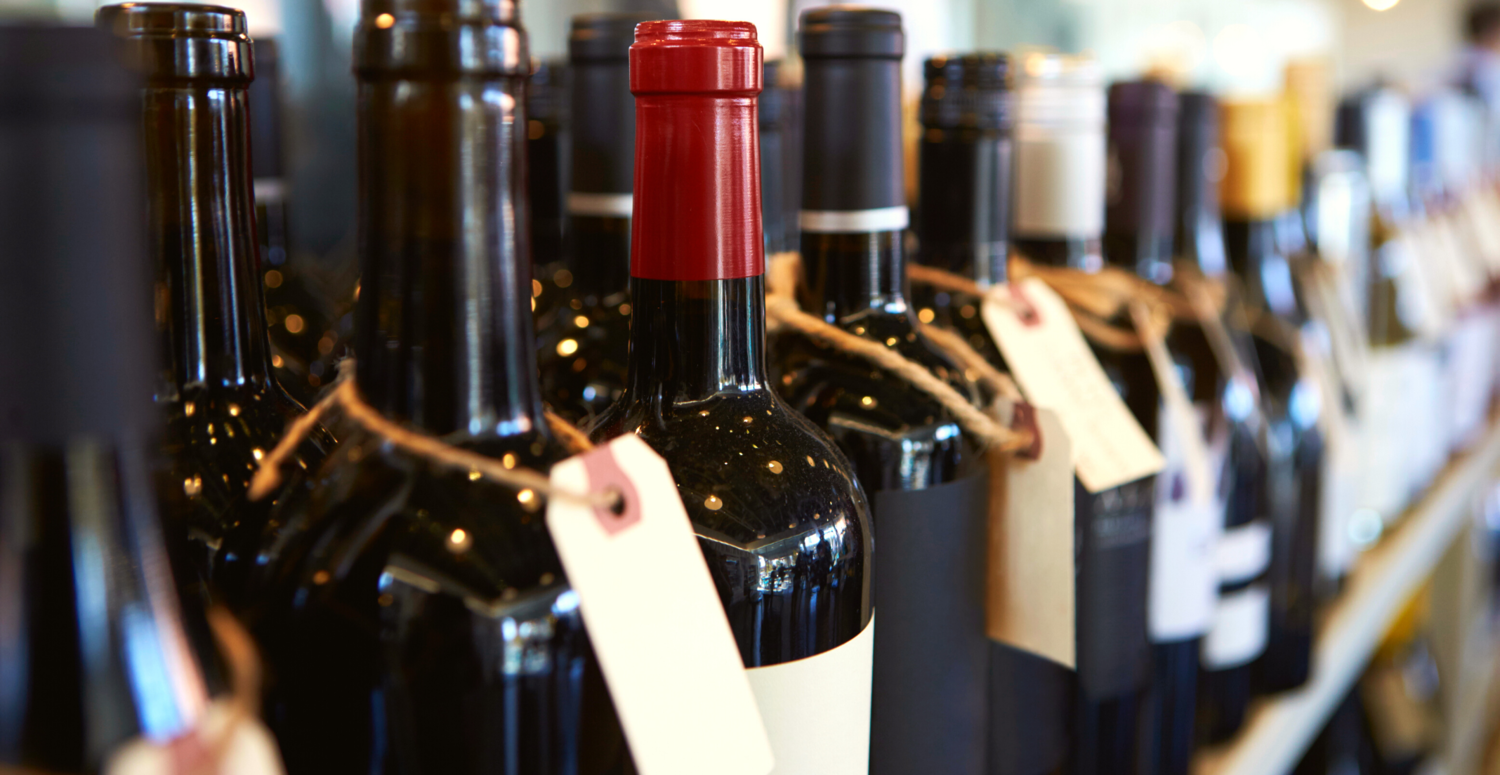Estimated reading time (in minutes)

Restricted Wine Claims European Union legislation, specifically amended by Regulation 1924/2006 , imposes strict limits on the use of “health claims” in the labeling and advertising of alcoholic beverages containing more than 1.2% alcohol by volume. This includes wines that fall into this category .
EU Beverage Labeling Restrictions: Health Claims and Wine: –
A German-based wine cooperative has come under scrutiny for marketing wines labeled as a ‘sweet edition’ with the statement ‘slight acidity’. The label emphasized a special preservation process to reduce acidity, making it pleasing to the palate. In addition, the bottles had a neck label reading “Édition douce, digestible” and the price list mentioned the wine as “Édition Douceur – light acidity/digestible”.
The authority responsible for regulating the marketing of alcoholic beverages objected to the use of the term “digestible”, arguing that it was a prohibited health claim under EU law.
In response, the Court of Justice clarified that the prohibition of health claims for beverages containing more than 1.2% alcohol by volume also covers the use of the term “digestible” when accompanied by references to a reduced content of substances perceived negatively by many consumers.
The Court rendered the following decisions:-
- Article 4(3), first subparagraph, of Regulation 1924/2006, as amended, encompasses terms such as “digestible” when associated with claims concerning the reduced content of substances considered negative by a large number of consumers.
- The prohibition, without exception, for producers or distributors of wine to use such claims, even if the claim itself is correct, is compatible with the first under Article 6(1) of the Treaty on ‘European Union.
These decisions emphasize the strict enforcement of EU regulations regarding health claims in beverage labeling, ensuring that consumers are not misled or given misleading information about attributes. health of alcoholic beverages .
